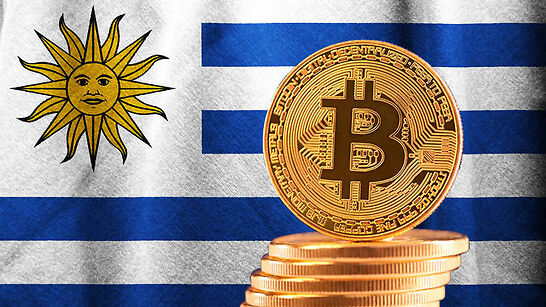
Coinposters
A Look Into The Finalized Uruguay Crypto Bill

The government of Uruguay has proposed new legislation to the nation’s parliament that would establish the country’s central bank as the regulatory authority over the cryptocurrency market and speed up the process of regulating the crypto sector in the country.
The bill was introduced on September 5 with the intention of clarifying the regulatory framework for cryptocurrency assets in the country. The bill states that all companies that provide services related to digital assets, including initial coin offerings (ICOs), are subject to the supervision of the Superintendency of Financial Services (SSF), which is an entity that is affiliated with the central bank.
The anti-money laundering standards and best practices should also be followed by cryptocurrency exchanges, custody services, and any other financial services that are in any way related to these digital assets.
In addition, the paper included a definition for four distinct categories of digital assets, which were referred to as stablecoins, governance tokens, tradable assets, and debt tokens.
“The activity that is carried out using these instruments will be subject to the regulation and supervision of the Central Bank of Uruguay if it includes the exercise of financial intermediation or financial activity,”
To “establish a legitimate, legal, and safe use in businesses related to the production and commercialization of virtual currencies,” Uruguayan Senator Juan Sartori introduced a draft bill to regulate cryptocurrency and enable businesses to accept digital payments last year. The bill’s goal was to “establish a legitimate, legal, and safe use in business transactions.”
This new trend is connected to an ongoing wave of legislative or regulatory initiatives that are being undertaken by governments or lawmakers in Latin American countries. According to recent reports, Brazil’s Securities and Exchange Commission is working on a plan to amend the country’s legislative framework so that tokens may be recognized as digital assets or securities.
In August, the president of Paraguay used his veto power on a law that would have recognized the mining of cryptocurrencies as an industrial activity. He did so on the grounds that the huge amount of energy required for mining may stymie the growth of a viable national sector.
Latest
Regulation
31 Aug 2023
Regulation
24 Jun 2023
Regulation
24 Jun 2023
Regulation
24 Jun 2023
Regulation
23 Jun 2023
Regulation
16 Jun 2023













